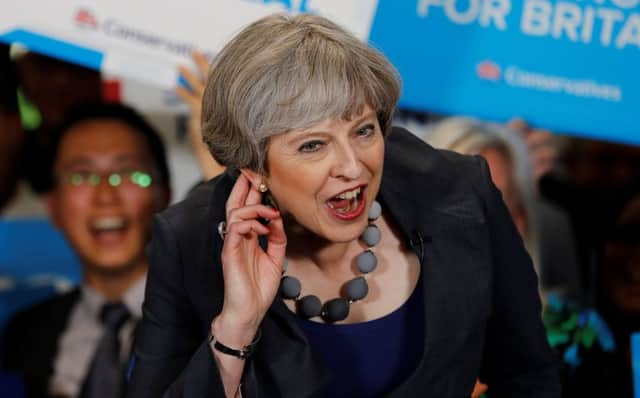Analysis: Theresa May faces growing terror threat


Many wondered why it was only now that Mrs May has decided to issue such a call to arms. This new wave of “DIY-style” attacks every day using everyday equipment like knives and vehicles to target the public were used to devastating effect in Nice and Berlin, but they are not new to the UK. It is now four years since the British Army soldier, Fusilier Lee Rigby, was murdered in such a manner near his barracks in Woolwich.
In March, the death of policeman Keith Palmer similarly shocked the nation when he was stabbed while guarding the Commons in another “unsophisticated” style attack. Even after the Manchester bombing, the Prime Minister’s reaction stopped short of the kind of resolve seen after the most recent tragedy in London. But the warnings have been building behind the scenes. Even publicly, the UK’s intelligence agencies have repeatedly stated it is only a matter of time before a British target is hit, with the new threat posed by groups like Islamic State and its sympathisers said to be “unprecedented.” Mrs May was also likely to have been acutely aware of the 35 per cent rise in terrorism-related arrests between 2010 and 2015 when she was Home Secretary.
Advertisement
Hide AdAdvertisement
Hide AdMrs May will also have been mindful of a review into terrorism legislation in the UK which landed on her desk in the Home Office two years ago and warned that the number of UK-linked individuals who had been involved in or exposed to terrorist training and fighting was higher than it had been at any point since the 9/11 attacks in 2001.
It prompted a warning that the Government must take a much “more sophisticated approach” to identifying factors which instigate radicalisation and the measures in place to deal with it, in a report by MPs on the Commons’ Home Affairs committee. Nor are the concerns about the role of the internet and social media platforms in the emergence of “home grown” terrorists anything new.
The National Counter Terrorism Security Office warned that the Internet has “transformed the way that terrorist organisations can influence and radicalise people.”
MI5 chief Andrew Parker warned in an interview last October that UK security services had intervened to disrupt 12 terrorist plots in the past three years, but warned: “There will be terrorist attacks in this country.”